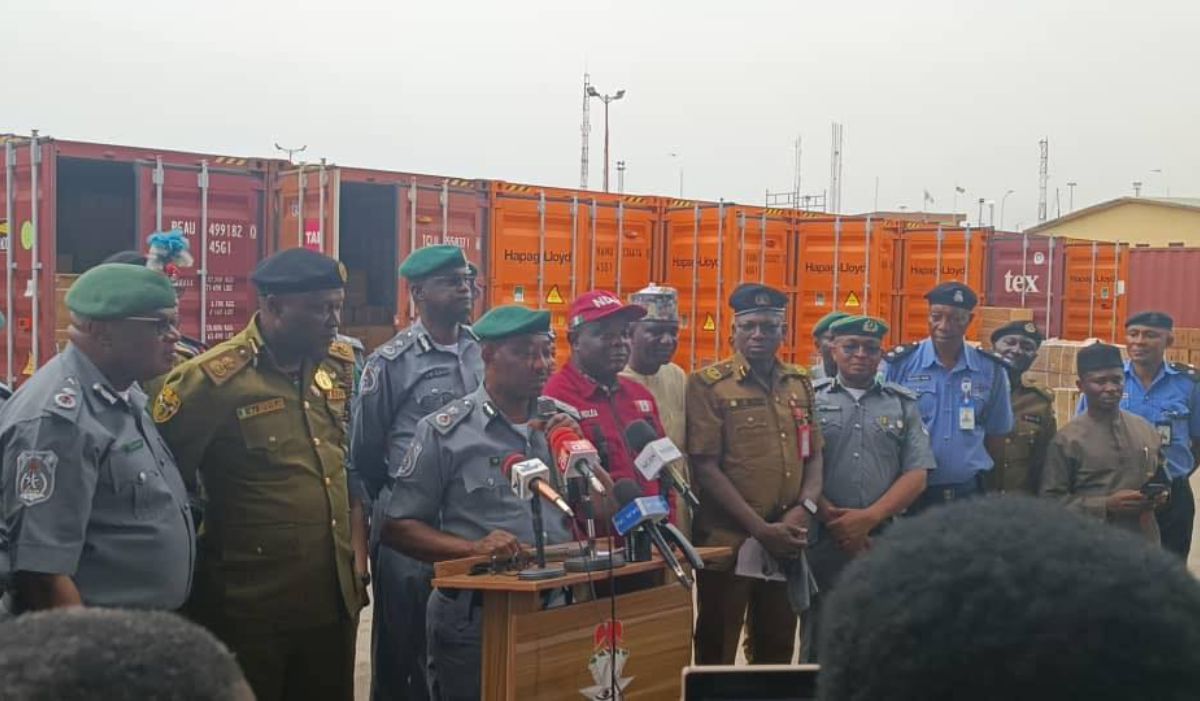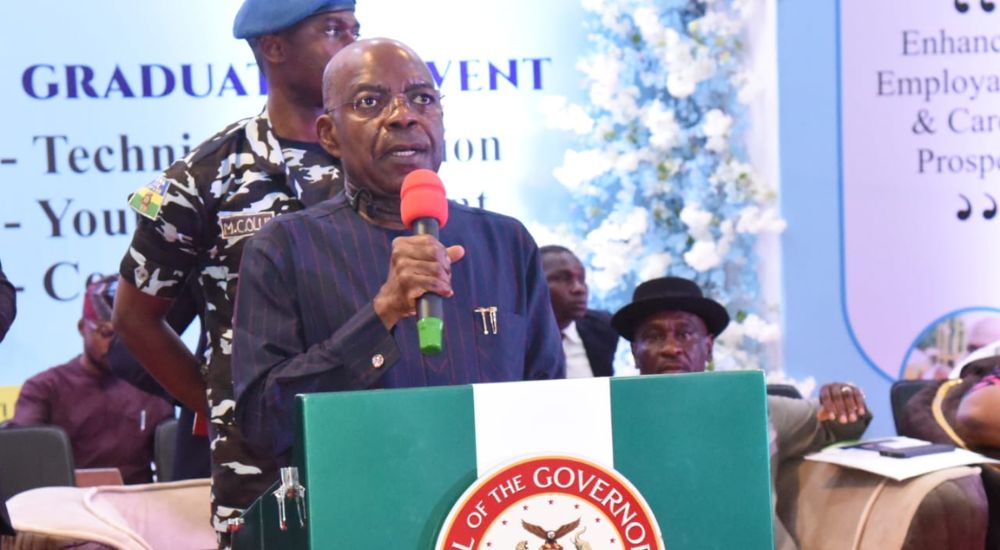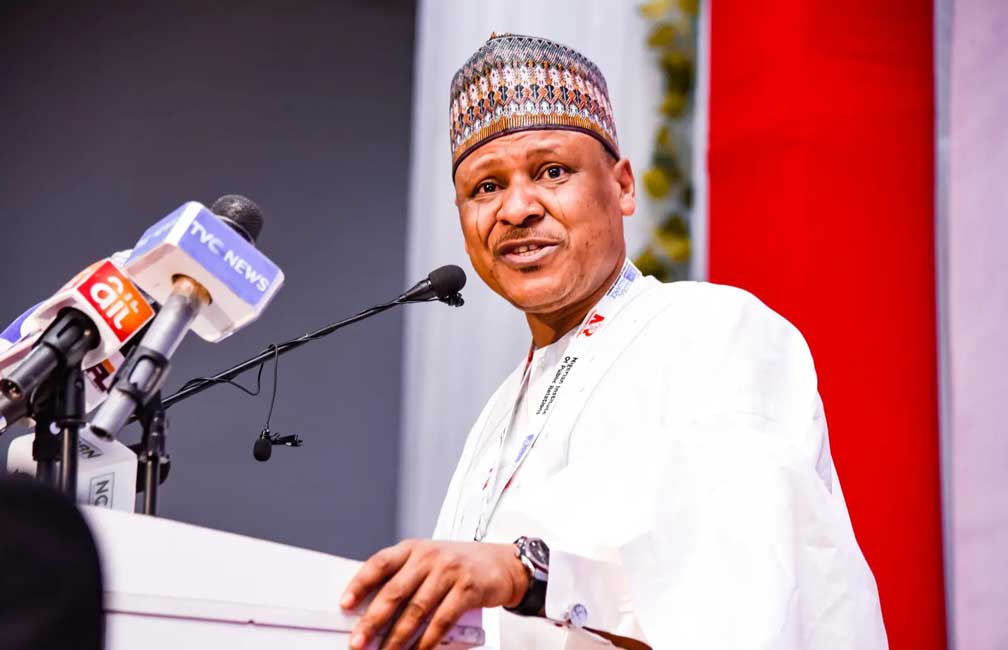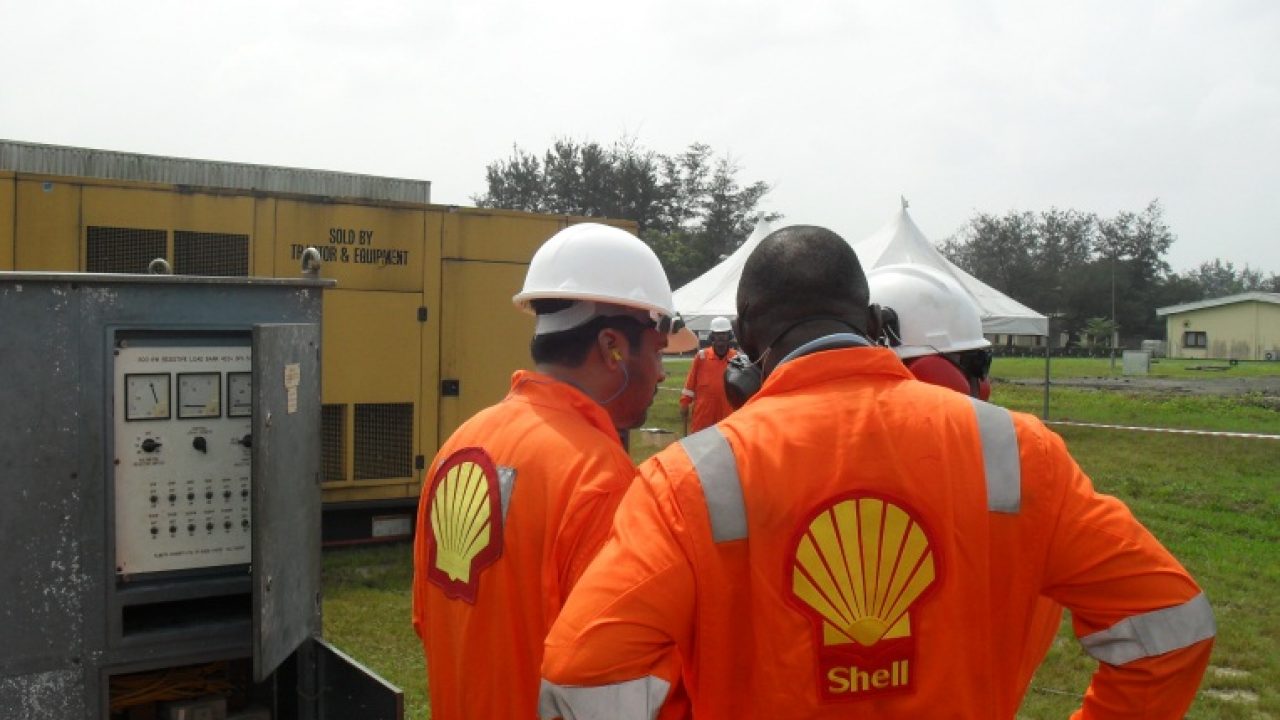Dangote Unveils Major Export Expansion Plans for Nigeria
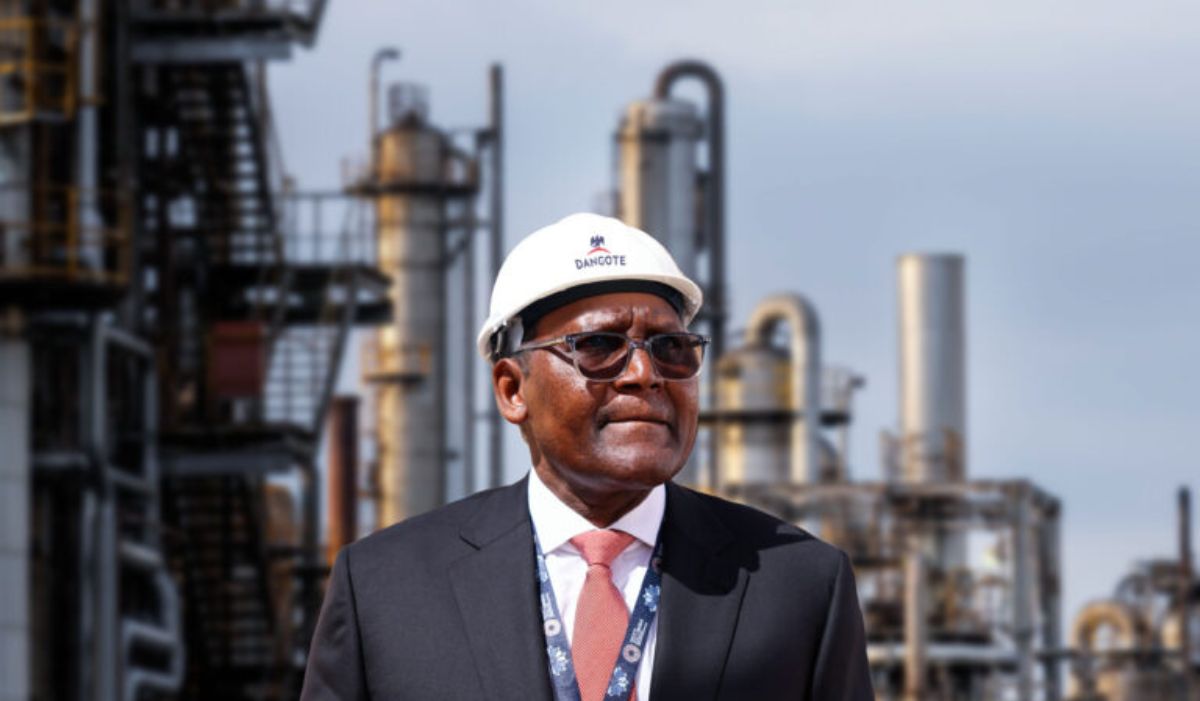
Africa’s richest man and president, Dangote Industries Limited (DIL), Aliko Dangote, has revealed plans to scale up Nigeria’s export capabilities with an ambitious initiative that centres on fertiliser shipments that could bring in as much as $7 million daily.
Speaking during a visit to the Nigerian Ports Authority (NPA) headquarters in Lagos, Dangote characterised his export strategy as an unprecedented commercial venture for Nigeria.
“In the next two years, we will be exporting about 16,000 tons of fertiliser,” he said. “That’s about $6.5 million to $7 million revenue that will be coming into the country on a daily basis. Our fertiliser export will be almost eight cargoes.”
The Dangote Fertiliser facility stands as Africa’s most extensive granulated urea production complex, boasting yearly output capabilities of 3 million metric tonnes. This facility has played a crucial role in bolstering Nigeria’s farming industry while decreasing dependence on imported agricultural inputs.
The business magnate’s vision extends well beyond fertiliser shipments. During his discussion with NPA director Abubakar Dantsoho on Sunday, he outlined comprehensive plans to boost exports across multiple product categories, including cement, coal, polypropylene, and numerous petroleum derivatives.
“We will soon be massively expanding our export operations. For some of you that have been to our cement factory in Itori, we’re already exporting cement out of Nigeria. We have a whole factory of six million tons for cement export,” he said, disclosing that his company will begin exporting coal in a couple of weeks.
The massive $20 billion petroleum refinery, currently operational, is set to commence exporting more than 25 million tons of diverse products. These shipments will encompass up to 700,000 metric tons of polypropylene among other materials.
Dangote detailed the extraordinary scale of maritime operations planned for the Lekki region. The projected activities will involve approximately 240 crude oil tankers each year, with individual vessels transporting one million barrels. Additionally, the operations will require over 600 product carriers along with numerous fertiliser transport ships.
“This is an operation that has never, ever been seen in the country,” he said. “But our operations will sink if NPA doesn’t give us the services we need.”
The industrialist emphasised that successful implementation depends heavily on enhanced government backing for the ports authority’s expansion initiatives. He stressed the need for additional equipment and maritime resources.
“The [NPA] won’t be able to do these things with their own physical hands. They need equipment. They need more tugboats,” he noted.
Dangote is committed to advocating for institutional assistance to ensure the authority receives adequate federal support.
“We will also be putting in a few words in the necessary quarters to make sure that NPA gets all the necessary assistance from the Federal Government,” he added.
NPA Director Dantsoho expressed the authority’s commitment to accommodating Dangote Group’s expanding maritime requirements, recognising their importance for developing Nigeria’s marine and blue economy sectors.
Current port activities have already surpassed Dangote’s original estimates of 600 vessels annually. The authority has processed and managed over 57 vessels monthly since October 1, 2024, exceeding initial forecasts.
“That’s more than what was projected. The operations of Nigerian ports will definitely double in the next one or two years,” Dantsoho explained.
Infrastructure improvements at Tin-Can and Apapa port facilities are scheduled to commence during the third quarter, while authorisation has been obtained for new deep-water port developments in Ibom, Bakassi, Olokola, Ondo, and Badagry locations.
“These are new ports that the government is concerned about. Very soon we’ll begin to see that these ports will become reality,” he said.
This comprehensive export expansion represents a transformative shift for Nigeria’s trade profile, potentially positioning the country as a major exporter across multiple industrial sectors. The combination of fertiliser, cement, petroleum products, and other commodities could significantly boost foreign exchange earnings and strengthen Nigeria’s position in global markets.
The success of these initiatives will largely depend on coordinated efforts between private enterprise and government infrastructure development, particularly in port facilities and maritime support services.

